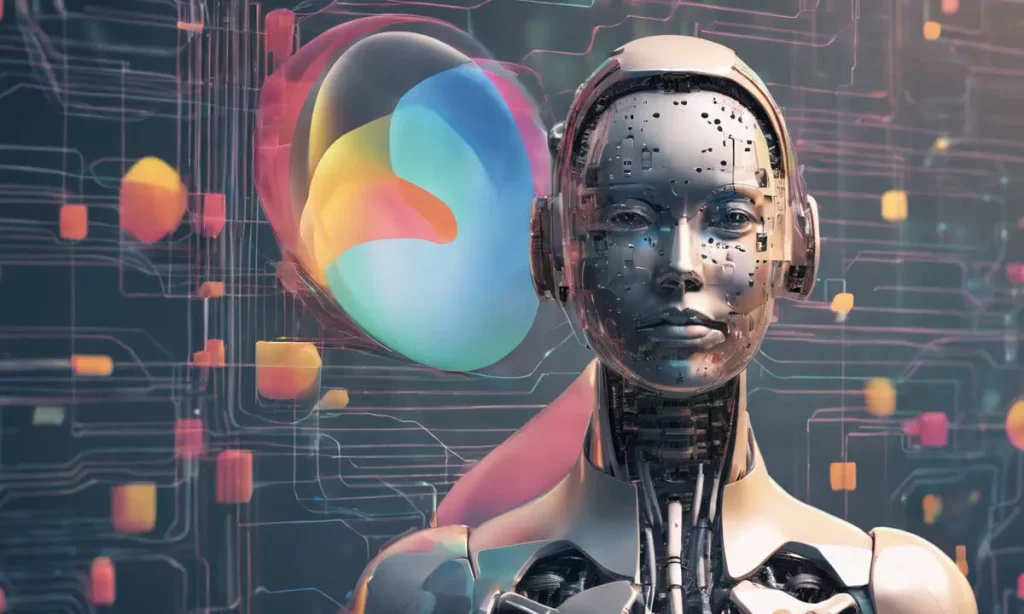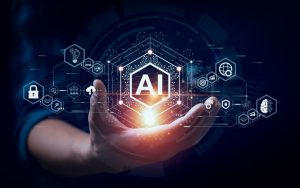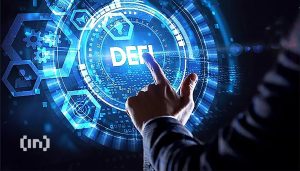The co-founder of Masa emphasizes that decentralized AI is crucial for the development of more impartial AI algorithms

Introduction:
In recent times, Google’s Gemini AI has come under intense scrutiny for its production of historically inaccurate imagery and biased outcomes. This controversy has sparked discussions about the necessity for decentralized AI development as a means to ensure transparency and fairness in algorithmic decision-making processes. In this article, we delve into the significance of decentralized artificial intelligence (AI) development and its potential to revolutionize the landscape of AI algorithms.
Decentralized AI Development: Addressing Flaws for Safer and Unbiased AI
Calanthia Mei, the co-founder of Masa Network, asserts that decentralized AI development is crucial for rectifying the inherent flaws in AI systems, ultimately leading to the creation of safer and more unbiased algorithms. Centralized AI solutions have traditionally dominated funding, but Mei argues that decentralized approaches hold the key to achieving transparency and impartiality in AI.
Key Benefits of Blockchain-based Decentralized AI
One of the primary advantages of decentralized AI lies in its utilization of blockchain technology. Blockchain facilitates more transparent decision-making processes, enhanced data privacy, and the implementation of user-owned models. These models empower individuals to contribute their data or computing resources in exchange for token incentives, thereby fostering a collaborative ecosystem.
Challenges with Centralized AI Models
Centralized AI models, exemplified by Google’s Gemini AI incident, have faced criticism for producing significant inaccuracies and biases. The controversy surrounding Gemini AI, which depicted U.S. founding fathers as people of color, underscores the urgency of addressing biases in AI algorithms. Mei emphasizes that centralized AI amplifies pre-existing power imbalances, privacy concerns, and biases at an unprecedented pace.
The Role of Decentralized AI in Addressing Bias
Decentralized AI is poised to address biased outputs by establishing transparent decision-making processes for algorithms. By leveraging blockchain-based protocols, the data provenance of AI outputs can be verified, thereby enhancing algorithmic transparency and reliability. Mei stresses the importance of data quality, diversity, and representativeness in mitigating biases and ensuring the fairness of AI-driven decisions.

Masa Network: Pioneering Decentralized AI Development
Masa Network emerges as a prominent player in the realm of decentralized AI data and large language model protocols. With over 1.58 million unique wallets contributing personal data, Masa Network is committed to providing reliable data to AI applications. The network recently unveiled its first 13 AI developer partners, marking a significant milestone in decentralized AI development.
Conclusion: Shaping the Future of AI with Decentralization
As the demand for transparent and unbiased AI algorithms continues to grow, decentralized AI development emerges as a promising solution. By addressing inherent flaws in centralized AI models and leveraging blockchain technology, decentralized AI offers a pathway to more transparent and reliable algorithmic decision-making processes. Masa Network’s initiatives exemplify the potential of decentralized AI to revolutionize the landscape of artificial intelligence, paving the way for a future where fairness and transparency are paramount.













